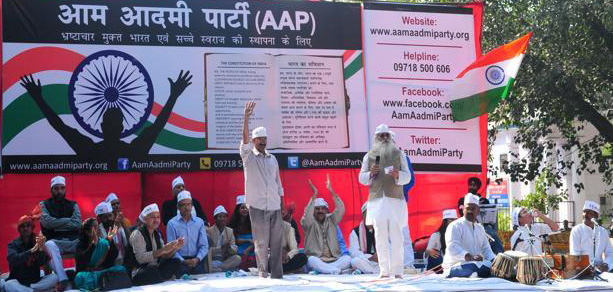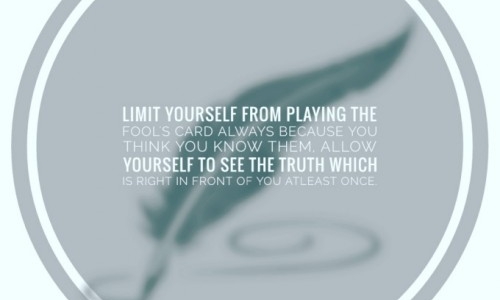
Agreement to combat piracy in the electronic Britain
Post By : Yedu Satheesh
Post Rank : 1557th
Category : Social-Mania
Sub Category : General News
10 May 2014
After years of wrangling, it is an agreement between the actors in the entertainment industry and Internet providers in Britain and a check to help in the fight against piracy. The companies will send a "PT" and "Sky" and "tuk-tuk" and "Virgin Media" letters "educational" in this regard to customers who believed them who download content illegally. But the document has been seen by the BBC show that the owners of the rights Saradwn standards far less than they had demanded in the first place. It is expected to send letters first known as "warnings" in 2015.The agreement was concluded between Internet companies and "PPI", which represents the actors in the music industry in Britain, and the Union of Cinema "MBA", which represents workers in the field of cinema. The two institutions have proposed at the outset that it should contain warnings on these letters went to people who repeat violations of property rights, they could face possible punitive measures. The two institutions also expressed their desire to enter the database including who download content illegally, which opens the door to the possibility of taking further legal action against individuals involved in piracy. But after nearly four years of discussions between the two sides, the final draft of the document, which bears the name of "voluntary program warning of the violation of property rights”, does not contain any of those procedures.
Said Steve Konsevi a lawyer who specializes in Internet law that this agreement "with amendments weakened dramatically and he lost the main features."He added: "I think that content owners will be very, very upset about it," stressing that "there is no support for punitive of all this."
Warnings only
So it is, and instead, should be the letters that will be sent to persons who are suspected of committing such offenses "educational" in its tone, and is working to "raise awareness" of legal download services. Rights owners agreed to pay 750 thousand pounds for each company from Internet service providers to create a system, or 75 percent of the total cost, whichever is less. And will pay another 75 thousand pounds (or 75 percent of total costs) each year to cover administrative costs. The BBC has learned that the rest of the Internet services companies operating in Britain will likely join this agreement at a later stage. It is expected that this agreement being concluded soon, and that the Office of the Information Commissioner, which is responsible for monitoring the data in Britain, both sides will reach agreement on all the data that customers receive warnings about them. Internet companies will retain a record of up to one year in connection with the accounts that received warnings.
Copyright owners will also receive a monthly details on the number of warnings that were sent, but the companies providing Internet services is only going to be aware of the identities of those clients. For the four companies, cannot send more than 2.5 million annually warning, and when they join other companies, will modify this limit. It will be the maximum expense per capita is four warnings, either by e-mail or regular mail, and will increase the "unit-worded" in these warnings, but it will not contain any threats or talk about the consequences for users accused of wrongdoing After sending four warnings, the Internet companies will not do other actions.
Sharp disagreement
With regard to electronic piracy, the two sides were holding talks, brokered by the government sometimes, since the introduction of the Digital Economy Act 2010.The text of this law, enacted before the end of the reign of the last Labor government, on several measures to address violations of property rights, including, but not limited to cut Internet service for people who repeat violations of property rights. But the companies serviced the Internet and many of the organizations defending the rights of Internet users objected clearly on the law, as it was considered that it would force companies to monitor users for their services, and raises questions at the same time as to whether it should be seen as access to the Internet as a right of Human Rights.
In response to the discontent expressed by workers in industries that the content of these procedures and time-consuming to implement, and suggested that the Ministry of Culture, Media and Sport put a voluntary agreement. But until September / September last year, described the Internet companies these proposals as "impractical", and so the recent agreement require major concessions, mostly on the part of the content industry bodies. It is scheduled to continue warning system according to the agreement the last three years, with the work of a regular review of its effectiveness. The agreement stipulates that if you did not prove the effectiveness of this system, it will pay the owners of the rights to the claim "rapid implementation" of stronger action as stipulated in the Digital Economy Act.
Comments
Similar Posts

Good News For Teenage facebook users.!
Recently facebook announced a happy news for their...

AAP or Common Man"s Party
AAP otherwise known as the Common man"s party...

10 Amazing facts about facebook.!
10 Amazing facts about Facebook . 1. First face...

Gift 1 million Facebook likes as dowry; take away Yamani!
For people, social networking has now become a par...

Is Chicken, a Feathered dinosaur?
Actually some scientists hint that Chicken is a ne...

10 ways to get your kids eating food!
Kids requires spoon feeding atleast till...

Playing the fools card Or accepting the facts and being ready to see and realize the truth?
So there happened to be two friends whom I used to...

Study: The girls are stronger than the boys.
The boys are creating an atmosphere of balance ...

German luxury car maker BMW launched the facelifted Z4 roadster car at Rs.68.9 lakh.
Its a two-seater sports car with a retractable har...

Maybe...Maybe- real iron men are coming soon Google announces
Maybe- real iron men are coming soon Google announ...



